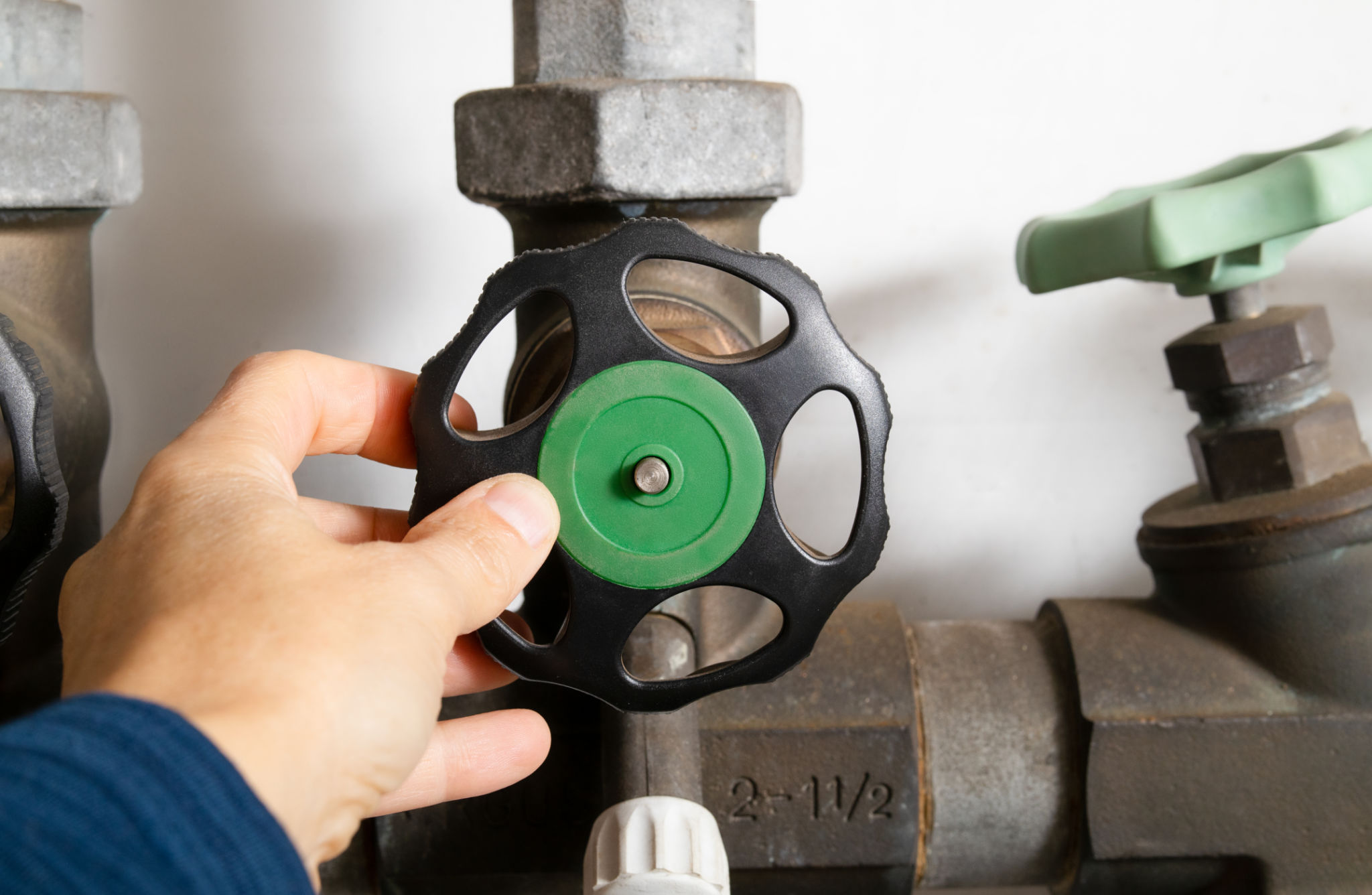Seasonal Backflow Testing: Preparing Your System for the Rainy Season
Understanding Backflow and Its Importance
As the rainy season approaches, ensuring that your water system is in top condition is crucial. One critical aspect of water system maintenance is backflow testing. Backflow occurs when water flows in the opposite direction, potentially contaminating your clean water supply with harmful substances. Ensuring that your backflow prevention devices are functioning correctly protects not only your home or business but also the broader community.

What Is Backflow Testing?
Backflow testing is the process of checking backflow prevention devices to ensure they are working effectively. These devices are designed to prevent contaminated water from mixing with the potable water supply. During the test, a certified professional will assess whether the device is maintaining proper pressure and functioning as intended.
Regular testing is essential because, over time, backflow preventers can wear out or become damaged. This wear and tear might reduce their efficiency, increasing the risk of contamination. Therefore, yearly checks are recommended, especially before the rainy season when the risk of backflow incidents can be higher.
Why the Rainy Season Increases Backflow Risks
During the rainy season, the increased water flow can put additional pressure on water systems, leading to a higher chance of backflow. Heavy rains can cause pipes to burst or create situations where water pressure changes suddenly, both of which can compromise backflow prevention devices.

Ensuring that your backflow prevention devices are inspected and tested before the rainy season ensures that they can handle the increased demand. This preparation helps maintain clean water access and supports community health and safety during periods of heavy rainfall.
The Backflow Testing Process
Here’s what you can expect during a typical backflow testing procedure:
- A certified technician will turn off the water supply to inspect the backflow preventer.
- The device will be checked for any signs of wear or damage.
- Pressure gauges will be used to test the effectiveness of the system under controlled conditions.
- If any issues are detected, repairs or replacements will be recommended.
This process is generally quick and ensures peace of mind that your water supply remains safe throughout the rainy season.
Choosing a Qualified Professional
It's essential to hire a certified professional for backflow testing. These experts have the necessary training and tools to perform accurate tests and recommend appropriate solutions if any issues arise. When selecting a service provider, ensure they have a good reputation and verifiable certifications.

Preventative Measures Beyond Testing
In addition to regular backflow testing, consider implementing other preventative measures. These might include installing backup systems or upgrading older devices to more modern ones with better safety features. Regular maintenance and prompt repairs are also key to preventing potential issues.
Being proactive about your water system's health not only safeguards your property but also contributes positively to environmental sustainability by reducing waste and contamination risks.
Conclusion: Stay Prepared
As you prepare for the rainy season, remember that backflow testing plays a vital role in maintaining a safe water supply. By prioritizing this essential task, you protect not only your environment but also contribute to public health efforts in your community. Schedule your backflow test today and enjoy peace of mind knowing your system is ready for whatever weather comes your way.
